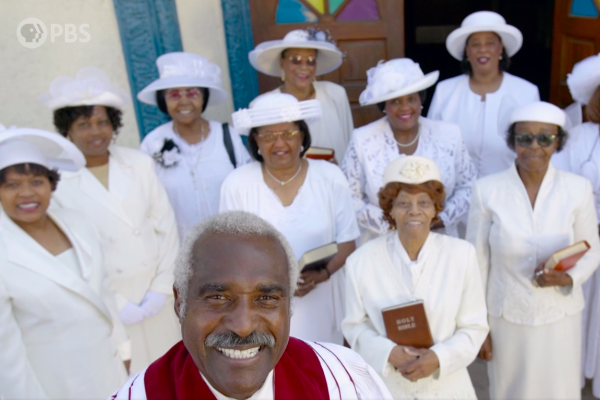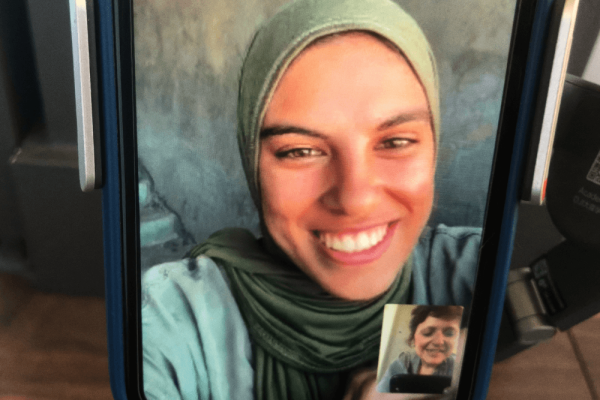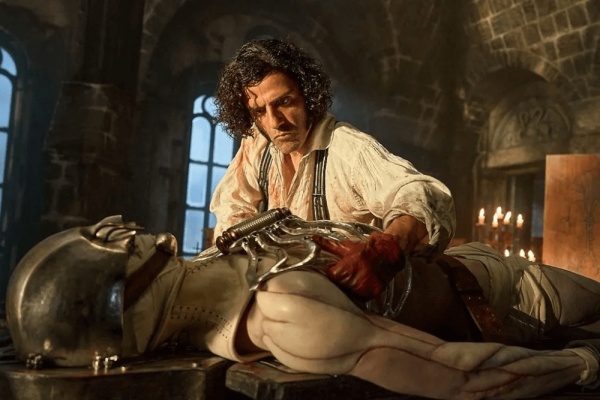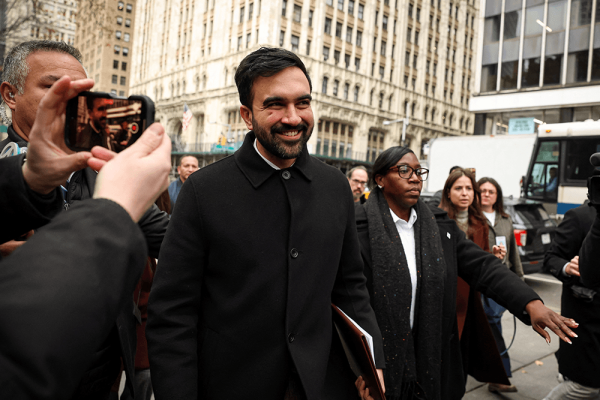This Tuesday, Feb. 16, PBS will air the first episode of a four-hour, two-part series, The Black Church: This Is Our Story, This Is Our Song.
Hosted and written by Henry Louis Gates Jr., who is also the documentary’s executive producer, the series traces the 400-year-old story of the Black church in America, beginning with the trans-Atlantic slave trade and culminating in the present day. The four episodes feature interviews with prominent African Americans, including Oprah Winfrey, John Legend, Jennifer Hudson, Bishop Michael Curry, Cornel West, Pastor Shirley Caesar, Rev. Al Sharpton, Yolanda Adams, Rev. William Barber II, BeBe Winans, and Bishop Vashti Murphy McKenzie, among others. It is shot in churches across the country with special attention to how music evolved within the Black church over time.
The documentary debuts on the same day that Gates’ book, also titled The Black Church: This Is Our Story, This Is Our Song, will be released.
Rev. Dr. Leslie Copeland-Tune, chief operating officer for the National Council of Churches, told Sojourners that “the series gives a holistic and in-depth look at this wonderful aspect of American life.”
“It’s a reaffirmation of a church born out of struggle that has kept a people, encouraged a people, equipped a people,” said Copeland-Tune, who serves on the community advisory council of WETA, a public broadcasting station that partnered with PBS to present the series.
Stacey Holman, series producer and director, told Sojourners that the documentary is “a love letter” to the Black church in which Gates himself was raised.
“In a love letter, you write down all the joys, you write down all the pains, you talk about the history of something that you cherish, that you value,” Holman said. “We’re showing that, through it all, African Americans have loved the church. They’ve shown that love. They have faith. They have a great sense of hope. And that’s what has really carried it for 400 years.”
When Propaganda, a rapper, poet, and host of the podcast Hood Politics with Prop, previewed the series, he felt the love. He said that watching the documentary “felt like a warm blanket.”
“The biggest impact of the series is more the metanarrative of our ability to thrive and to take care of each other even while being deeply flawed ...” he wrote in an email to Sojourners. “I can’t ignore the personal sort of guttural reaction it was for me to see and be reminded of an entire history of my faith that is completely separate from the modern evangelical ... I was reminded of the faith of my great grandmother and my grandmothers’ brothers ...”
“That heritage has kept me in the faith when I feel like America has given me a million reasons to abandon it,” he continued.
Untold stories
An Emmy Award-winning filmmaker, literary scholar, journalist, cultural critic, and institution builder, Gates has long been exploring the legacy of Black culture in the United States. Gates is currently the Alphonse Fletcher University Professor at Harvard University and director of Harvard’s Hutchins Center for African & African American Research. He has authored or co-authored 25 books and created 23 documentary films on Black life, history, and culture. Finding Your Roots, the PBS genealogy series hosted by Gates, is now in its seventh season.
Yet, in addition to expounding the past, The Black Church: This Is Our Story, This Is Our Song also looks forward: Viewers are also asked to ponder the future of a church now caught in the tension of justice issues.
According to Rev. Otis Moss III, senior pastor at Chicago's Trinity United Church of Christ, the series “is unflinching in its critique of homophobia and patriarchy, yet it speaks with the deep love of the power of the community.”
“You should never edit your testimony just to share your shouts and the triumph. You have to deal with the tragedy and sorrow,” Moss told Sojourners. “Anybody you love, you are willing to speak the truth to them. Not to break down and destroy, but to say, ‘Here’s how you can strengthen your institution. This is how the community can grow and be better. And this is where we have fallen short.’”
Perhaps there’s no better time for such a call. It’s powerful, Moss said, that the series is debuting during a time of “racial reckoning.”
“There is still so much unknown about African American culture, especially within majority culture but also within the African American community,” Moss told Sojourners. “There are so many untold stories of Black resilience. Resiliency is our brand ... and in this moment in history we need to re-engage the idea of resiliency within our nation.”
Interviewees in this piece said that they hope that viewers will be spurred to action, both within the Black church and in majority-white spaces.
Copeland-Tune shared that she hopes white audiences will be inspired to more accurately understand the Black church’s historical rooting in justice, and to “build a bridge to better understanding” in their communities.
Dr. Barbara Williams-Skinner, president of Skinner Leadership Institute and co-convener of the National African American Clergy Network, agreed.
“I hope that the advocacy repeated by panelist after panelist might spur some people who have been sitting on the sidelines to, rather than tuning in in a passive way, think about what ways can they get more engaged.”
The documentary will air in two parts, first on Tuesday, Feb. 16 and then Wednesday, Feb. 17, both at 9 p.m. EST.
Got something to say about what you're reading? We value your feedback!







